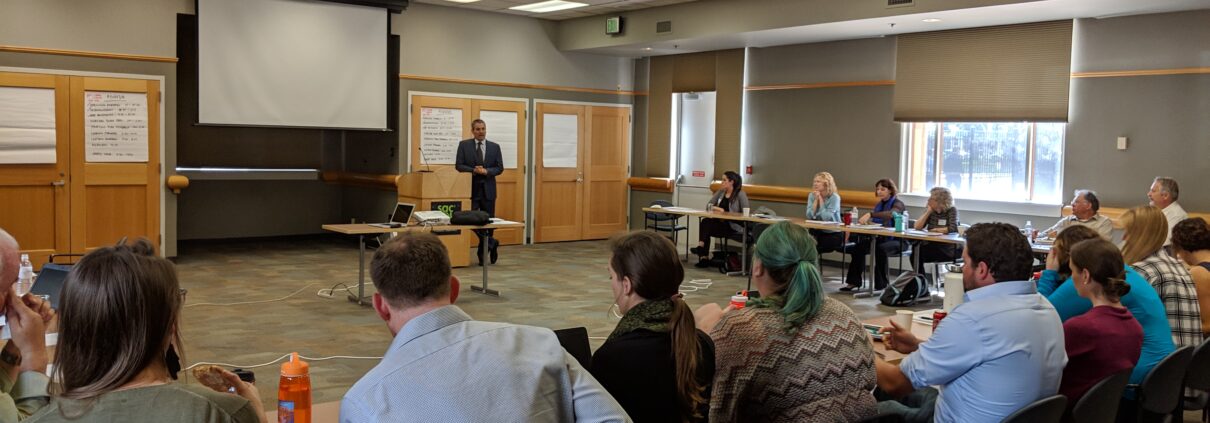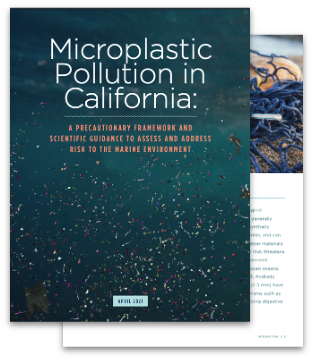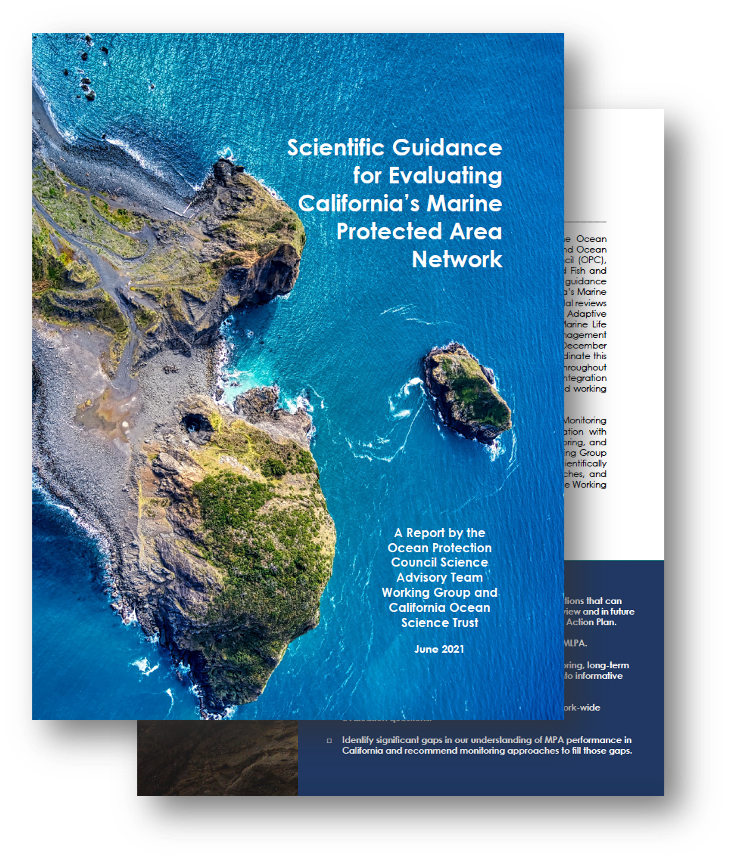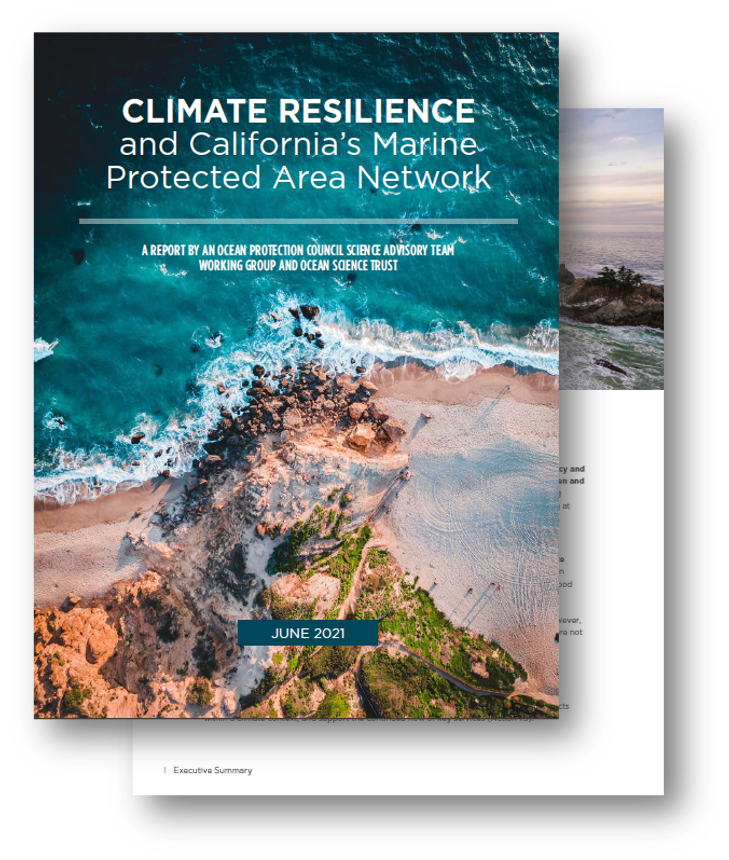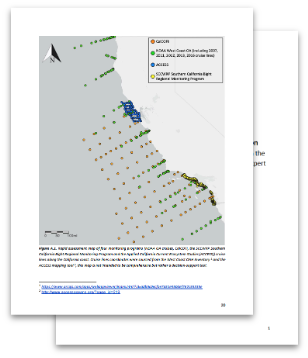I have had the pleasure of working with the Ocean Protection Council (OPC) Science Advisory Team (SAT) since I started at Ocean Science Trust in 2013. The SAT is a 25 member body convened to assist the OPC – the State’s cabinet-level ocean policy body – in ensuring that policy and funding decisions are informed by the best available science. Not only do I get to frequently engage with many of California’s leading ocean and coastal minds, I’ve always viewed the SAT as an integral part of OST’s core functions and an effective model for strengthening the application of policy-relevant science in state decision-making.
At the September 14, 2021 OPC meeting, the Council unanimously approved funding for our continued role in convening the SAT to support OPC in meeting the goals of the Strategic Plan to Protect California’s Coast and Ocean 2020–2025. During a time when we cannot assume that science-informed decision-making is a given, we are grateful to OPC and the State of California for their continued commitment to science’s valuable contributions to the process.
Since inception in 2008, the SAT, OPC and OST partnership has delivered roadmaps for policy and management action that have led to significant advances on a range of topics. One of the SAT engagements I’m most proud of is my role supporting the working of the bi-national West Coast Ocean Acidification and Hypoxia (OAH) Panel and subsequently the California OAH Science Task Force, whose body of work has led to the development of a state action plan, significant investment in OAH science, new legislation, and spurred the International OA Alliance. More recently, over the past year (during a pandemic – not that anyone needs a reminder!), our team convened four working groups of the SAT, producing science guidance to support microplastics risk reduction in the marine environment, California’s marine protected area management, and advancing the state’s ocean acidification monitoring network. At the height of the pandemic, we also worked with the SAT to produce a position statement on the role of oceans in supporting equitable economic recovery and climate action.
Looking forward, we have no shortage of work to do to climate ready our ocean and coasts. The SAT also acknowledged the need for self-assessment and is committed to taking actions that promote diversity, equity, and inclusion within their membership, leadership, and work. Together, the OST, OPC and SAT partnership provides a critical venue to bring state leaders and scientists together around these pressing challenges, with a focus on solutions-oriented science that can move us all forward.


